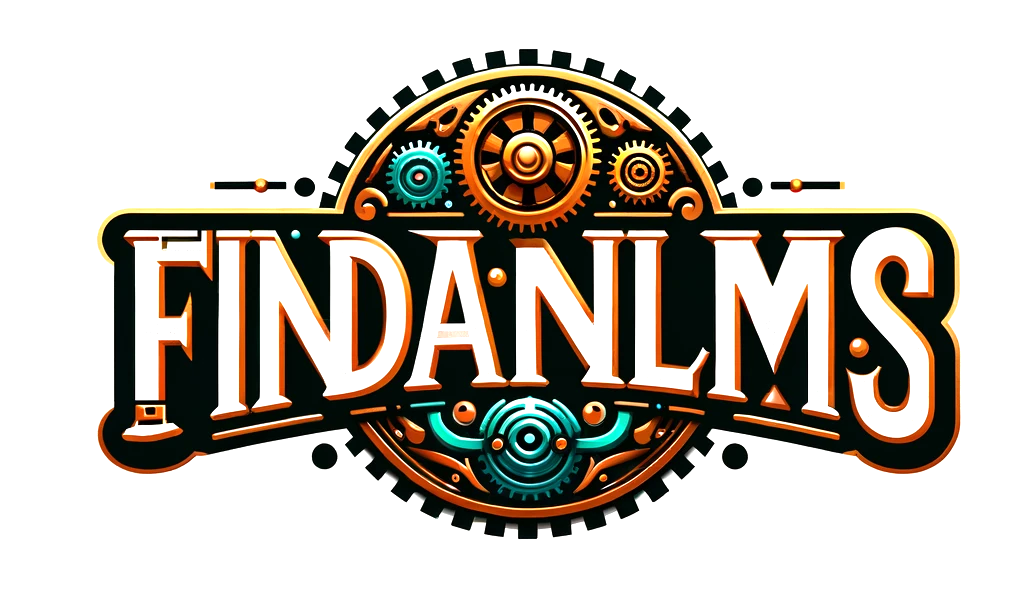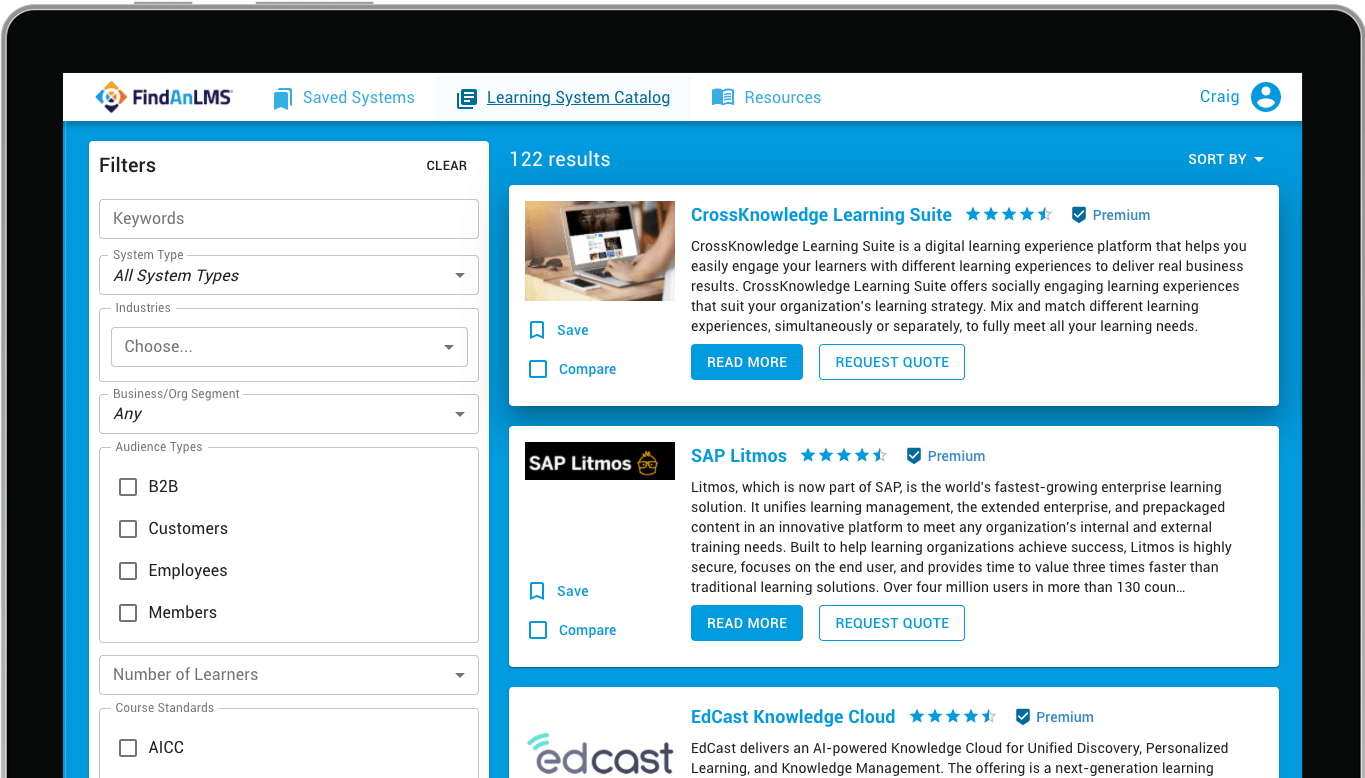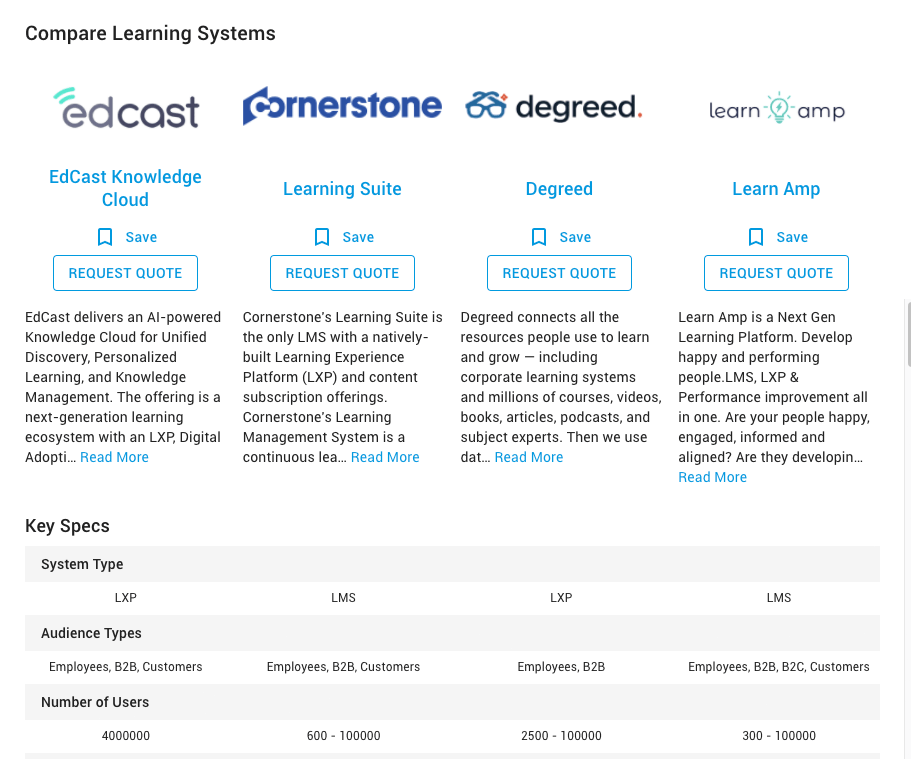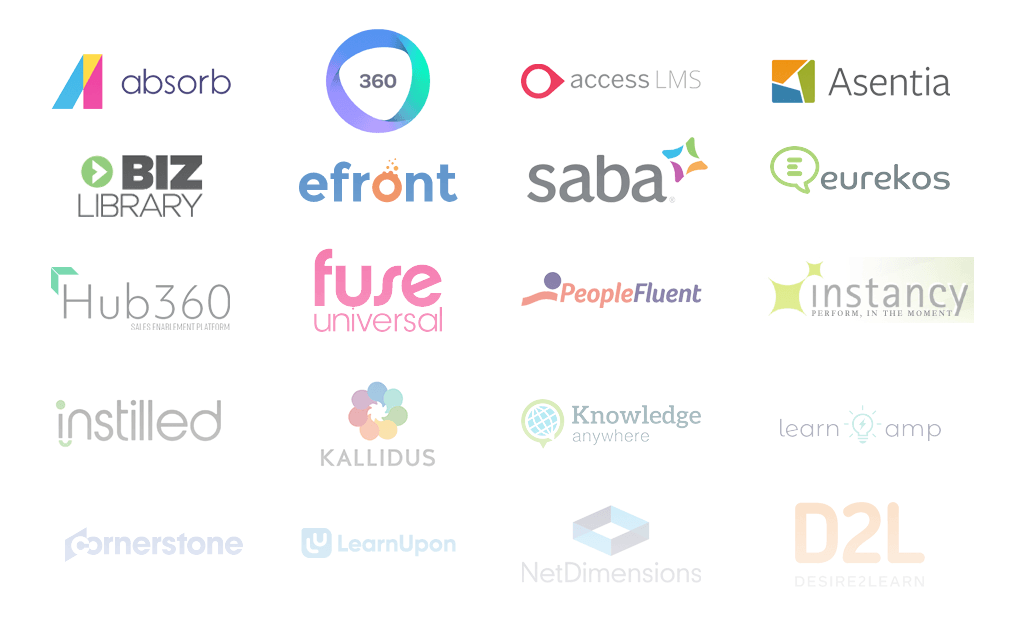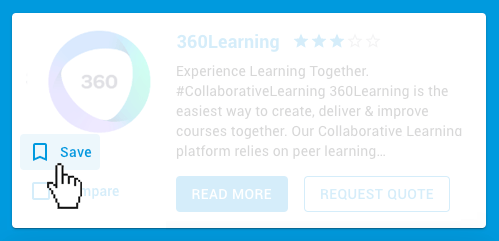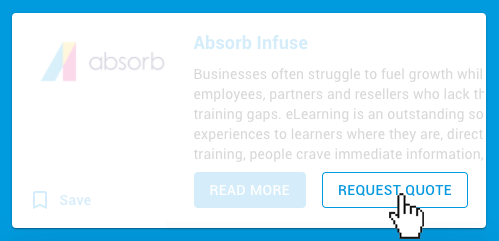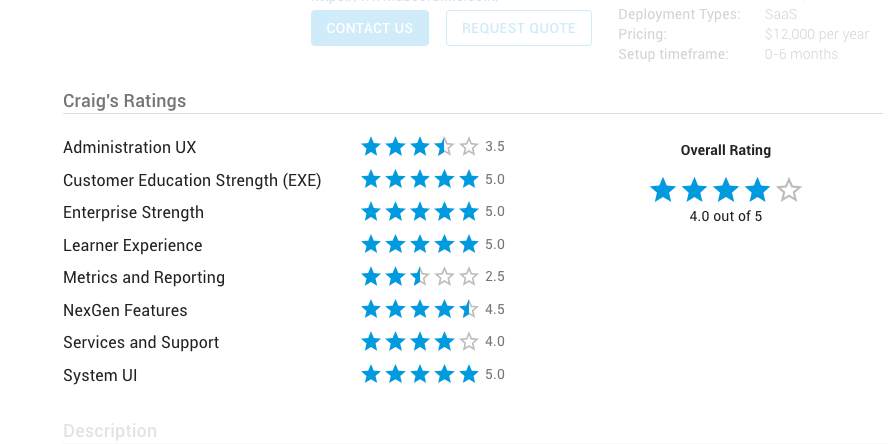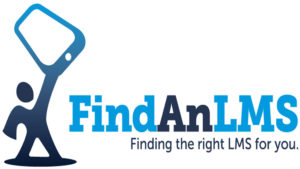If your business is investing in online training for employees, you’ve probably heard the acronym “LMS.” LMS stands for learning management system and may refer to any software designed to deliver online training content to employees. Unfortunately, LMS vendors disagree on what features learning management systems should offer and often provide contradictory messages in their marketing, leading to widespread public confusion.
Training your team online makes economic sense whether your business is a small startup or a massive enterprise with thousands of employees, so you must pay attention to the LMS market. At the same time, your training program will underachieve if you choose the wrong LMS. How can you choose a top system for your organization’s corporate training needs?
The answer is Craig Weiss and FindAnLMS.com. Weiss is a thought leader in the elearning space with more than two decades of experience. He has firsthand knowledge of more than 1,500 learning management systems created all over the world, advance knowledge of upcoming features and improvements, and unparalleled insight into what goes into training online. FindAnLMS.com is a platform with a curated list of LMS vendors. It allows average consumers to compare the biggest names head-to-head based on any criteria they like while taking advantage of Weiss’s expertise. You can create a free account on FindAnLMS.com right now to get started.
What is a learning management system and how can my business use it to deliver elearning content?
The technical definition of a corporate LMS varies from source to source and Weiss prefers a broad one. For our purposes, an LMS can be defined as any software delivering online content to employees. Topics covered may include everything from onboarding to ongoing compliance training and professional development. Likewise, LMS training is essential for businesses across all industries and scopes.
The biggest benefit of using an LMS is that it makes training more accessible. Employees can access content online wherever and whenever they like, facilitating just-in-time learning and bridging the disconnect between training materials and on-the-job performance. Many LMS solutions also allow courses to be saved in the cloud, making it easier for businesses to create and manage a diverse array of content for employees.
Most LMS platforms have some kind of data center to help admins track the progress of learners as well, an especially important feature for industries where compliance is tightly regulated. Your employees can also search for upskilling and reskilling opportunities of interest to them, giving them control over what they get out of training.
What’s the difference between an LMS and training development platforms (TDP) or learning experience platforms (LXP)?
The term LMS can be applied to nearly all of the software in the elearning industry, but it’s far from the only acronym used. In fact, many LMS vendors view “LMS” as an outdated term that makes their platform sound stagnant. These vendors have come up with a variety of creative names for their software system, most of which are confusing without the proper context. Let’s look at a few of the most common examples:
LMS vs. TDP
TDP stands for talent development platform, and some vendors try to capitalize on the popularity of LXP solutions by using TXP (talent experience platform) instead. Either way, the main thing differentiating a TXP from an LMS is that all content is automatically tied to job skills and roles. Topics can include everything from compliance to sales training, but it’s always the business that chooses what employees take, not the workers themselves. Furthermore, the emphasis is on skills and career progression, not learning. Weiss broke down the TXP market in 2021.
LMS vs. LXP
LXP stands for learning experience platform and emphasizes the user. Weiss provided a comprehensive breakdown of the LXP market in 2022. If you want the short version, learning experience platforms pitch themselves as offering something completely different from LMS vendors without actually offering many unique features. LMS vendors started calling themselves LXP because it was the hot new thing, while other vendors claimed to have an LXP in their LMS. The two terms are almost completely interchangeable today.
LMS vs. learning platform
Some LMS vendors use the phrase “learning platform” to describe the solutions they offer, and the term is extremely generic. Any software designed to facilitate virtual training qualifies as a learning platform and an LMS, so there’s no distinction between the two terms.
LMS vs. CMS
CMS stands for content management system and is the only type of software on this list with a fundamentally different purpose than an LMS. A CMS is a generic platform for all forms of online content and is primarily used by admins to track training materials. In contrast, the LMS is specifically designed to host, manage, and deliver elearning materials to learners. Your business needs both an LMS and a CMS and some LMS vendors offer all-in-one solutions. However, the two terms are not interchangeable.
What should I look for in a corporate learning management system?
A great corporate LMS will have the features your employees need without anything superfluous. You might be thinking that more features would always be better, but improved functionality comes at the price of complexity that could discourage learners from accessing content at all.
Similarly, you want an intuitive UI/UX for both employees and administrators. UI stands for user interface while UX is user experience, and Weiss typically combines them into a single category whenever he ranks LMS vendors. This can even include features like a mobile app with on/off synch and online performance.
Most businesses assume they’ll need a content authoring tool, but Weiss recommends prioritizing a third-party content marketplace instead. Topics such as compliance aren’t unique to your business, so you can save time and money by letting someone else create your training materials.
Finally, you have to think about pricing. An open source LMS is free at first, but the cost of updates and management will add up quickly. Choosing a SaaS (Software as a Service) solution gives you the scalability you need with predictable pricing that won’t break your budget.
Is there an easy way to compare learning management systems head-to-head?
For years, comparing LMS software solutions meant painstakingly comparing the features of LMS vendors through technical jargon and biased sources of information. Fortunately, that’s no longer the case. With FindAnLMS.com, it’s easy to create a shortlist of LMS vendors based on your training needs.
You can compare up to four systems at once, save promising options for future review, and contact vendors for pricing details. Each listing also includes exclusive ratings and insight from Craig Weiss, giving you trustworthy information you won’t get from search engines. The goal of FindAnLMS.com is to help average people find a great LMS for their employees, so all of these LMS resources are available free of charge.
FindAnLMS.com is the easiest way to find an LMS
Selecting an LMS can feel overwhelming, but it doesn’t have to be. You can create a free account on FindAnLMS.com today to start researching the best learning management systems and find a great fit for your business. What are you waiting for?
